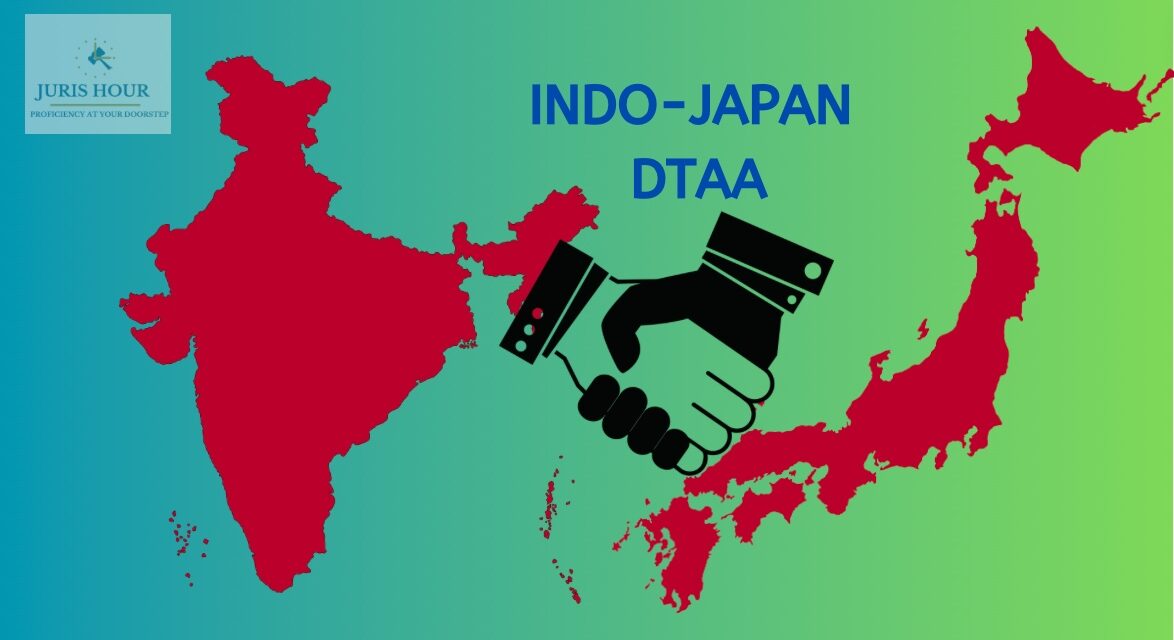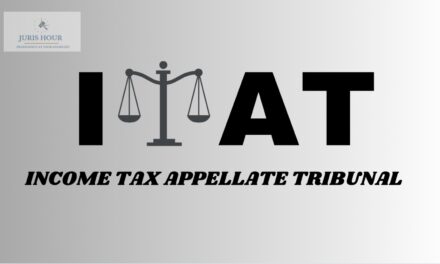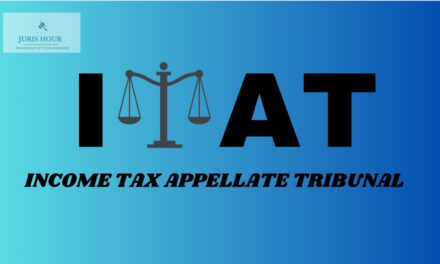The Income Tax Appellate Tribunal Delhi, observed that the nature of trading business can’t be the foundation to conclude principal-agent relationship under Indo-Japan Tax Treaty.
The bench found that Itochu India is merely responsible for staying abreast of market, regulatory, and political conditions in India and updating Itochu Japan on a regular basis to enable them to consider these factors in formulating its strategy for India. Itochu India undertakes industry analysis and identifies industry trends and business opportunities on a continuous basis in India with the objective of understanding the prevalent demands/ market price, competitive environment and trends in the industry. This is based on specific requests from Itochu Japan. Itochu India provides the results of its research to Itochu Japan in order to enable them to undertake decisions. Itochu India collates such information through various sources such as published reports, journals, newspapers, magazines and attending seminars organized by industry trade bodies.
Coming to facilitation support by Itochu Japan (resultant commission income for Itochu Japan) the tribunal found that in certain cases, Itochu Japan provides facilitation support to Itochu India in relation to the trading transactions (back-to-back) entered into by Itochu India with third party customer.
The tribunal noted that Itochu Japan earns a commission, which is based on the sales value and same happened to be one of the international transaction under consideration at time of TP Study.
Article 5(7) of the India-Japan DTAA provides that to constitute a Dependent Agent PE, it is necessary that the following conditions are satisfied:
“7. Notwithstanding the provisions of paragraphs 1 and 2, where a person other than an agent of an independent status to whom paragraph 8 applies – is acting in a Contracting State on behalf of an enterprise of the other Contracting State, that enterprise shall be deemed to have a permanent establishment in the first-mentioned Contracting State, if
(a) he has and habitually exercises in that Contracting State an authority to conclude contracts on behalf of the enterprise, unless his activities are limited to those mentioned in paragraph 6 which, if exercised through a fixed place of business, would hot make this fixed place of business a permanent establishment under the provisions of that paragraph;”
Based on the agency agreement it was found that ITOCHU India does not have any authority to conclude any contract on behalf of ITOCHU Japan in India in relation to the sale activities. ITOCHU India does not have the power to negotiate any term of the contract with the Indian customer. Thus, the first condition is not satisfied in the present case.
The second condition for application Article 5(7) of the India Japan DTAA is;
“(b) he has no such authority, but habitually maintains in the first-mentioned Contracting State a stock of goods or merchandise from which he regularly delivers goods or merchandise on behalf of the enterprise;”
It was found that ITOCHU India does not maintain any stock of goods or merchandise. The goods are supplied offshore and are imported by the Indian customer directly. The same is evident from the copies of various import documents filed in PB Volume II. Thus, the condition is also not satisfied.
The third condition for application Article 5(7) of the IndiaJapan DTAA is;
“(c) he habitually secures orders in the first-mentioned Contracting State, wholly or almost wholly for the enterprise itself or for the enterprise and other enterprises controlling, controlled by, or subject to the same common control as that enterprise.”
In this regard, the tribunal found that securing an order means complete involvement from the starting to the end including active involvement in negotiating the terms of the contract and convincing the customer to place orders.
The bench observed that the role of ITOCHU India is limited to act as a communication channel. It is merely bridging the communication gap between ITOCHU Japan and the Indian customer.
The Tribunal viewed that there is no PE of assessee in the form of Itochu India. Thus there is no justification to follow the AY 2013-14 and 2015-16 orders of Co-ordinate bench to set aside the assessment to the files of AO for further verification of the facts about nature of contractual relationship between the assessee and Itochu India.
Facts
Itochu Japan is a company incorporated under the Laws of Japan in 1858 and is a tax resident of Japan. Assessee, Itochu India Private Limited (‘Itochu India’) is a wholly owned subsidiary of Itochu Japan in India.
The return of income was filed on 30.11.2017 declaring an income of 3,77,25,763/- and a draft order u/s 143(2) read with section 144C was served on the assessee on 27.12.2019, proposing certain variations in the, income returned. AO in passing the draft assessment order has placed reliance on the draft assessment order for AY 2013-14 and AY 2015-16.
The assessee has made sale of Apps. INR 1790,12,21,208 and AO observed that assessee could not produce even a single document/ contract to substantiate its position of no PE no tax in India pertaining to its so called business activities.
Case Information
Case Name: ITOCHU Corporation v/s ACIT, (International Taxation)
Judicial Level & Location : ITAT, NEW DELHI
Case Number : ITA No:- 760/Del/2021
Date of Ruling : 26/07/2024
Decision in favor of: Appellant
Members: GS Pannu, Vice President And Shri Anubhav Sharma, Judicial Member
Assessee by : Shri Ajay Vohra, Sr. Adv
Revenue by : Shri Vizay B. Vasanta, CIT( DR)











